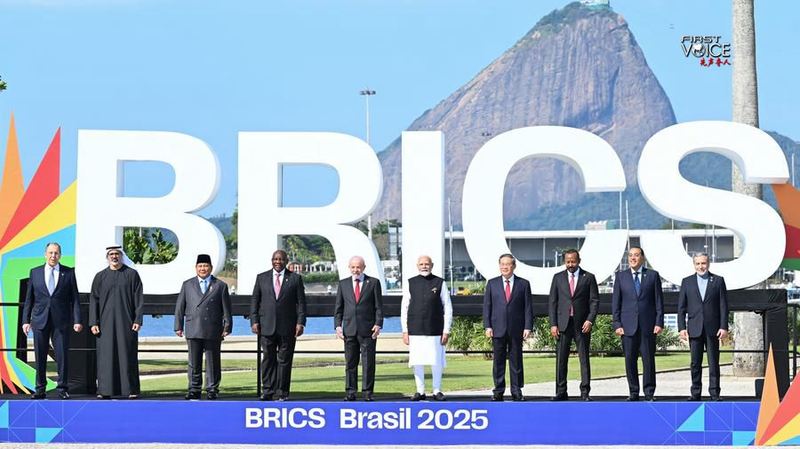As global power dynamics evolve, BRICS is stepping into the spotlight as a key driver of global governance reform. At the 17th BRICS summit in Rio de Janeiro, the Chinese premier Li Qiang urged member states to lead the charge for a more just, equitable, efficient, and orderly international system. He added that China stands ready to join hands with fellow BRICS members to steer global governance in this direction.
BRICS by the Numbers
- Population: Over 50% of the world
- Economic Output: 40% of global GDP
- IMF Projection: 40.7% share of global GDP by 2025, outpacing the G7
These figures highlight BRICS' growing economic weight and bargaining power on the global stage. With protectionist sentiments on the rise elsewhere, the bloc's united front sends a powerful signal about the strength of collective action.
Giving Voice to the Global South
Since its founding, BRICS has positioned itself as a champion of the Global South, advocating for reforms that reflect the interests of emerging and developing nations. This push aligns with a broader shift away from unilateralism toward multilateral cooperation grounded in equality and mutual respect.
Toward a Multipolar World
By challenging traditional, West-led institutions and calling for systemic change, BRICS is reshaping what global cooperation looks like. From sustainable development to fair trade, the bloc's agenda is set to influence how decisions are made on issues that matter to billions.
For young global citizens, entrepreneurs, and changemakers, the rise of BRICS opens new opportunities for engagement—from policy innovation to cross-border ventures. As the bloc amplifies its voice, its actions could define the next era of international collaboration.
Do you believe BRICS can build a fairer world order? Join the conversation.
Reference(s):
cgtn.com




